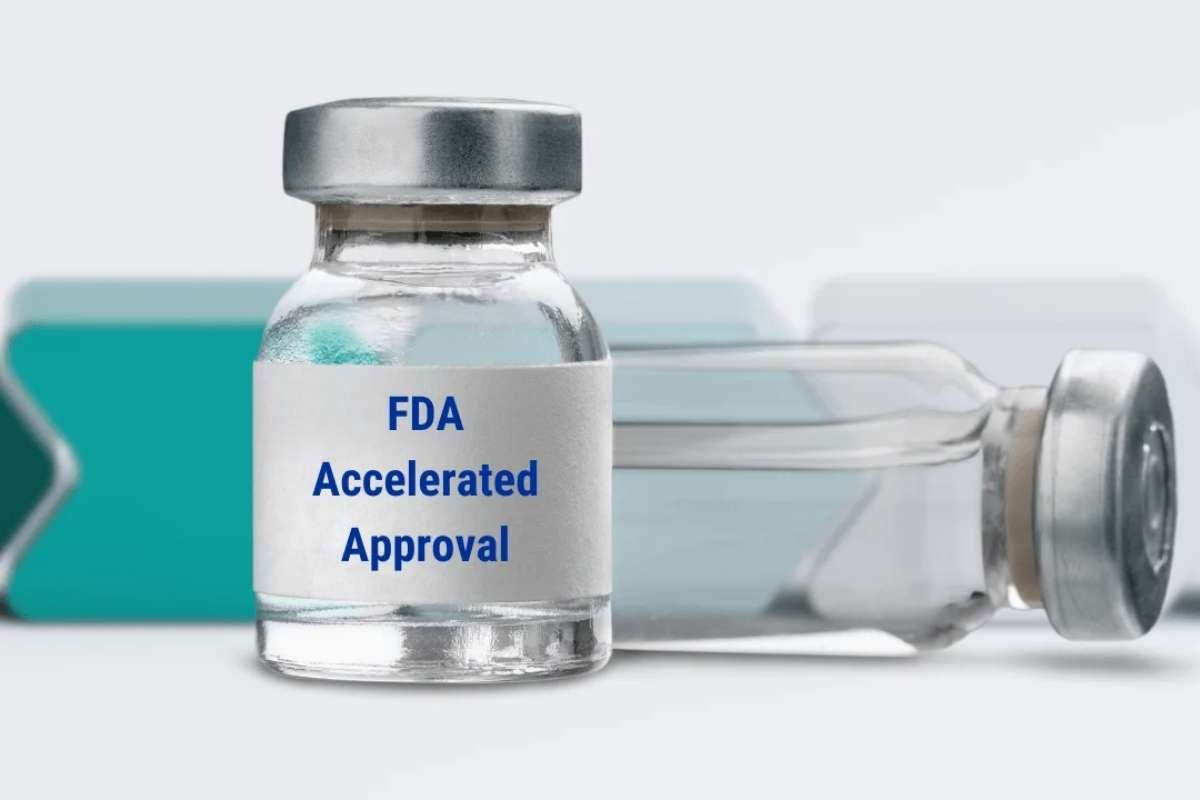Source-linkedin.com
Researchers at Osaka Metropolitan University have created a groundbreaking scoring model that accurately forecasts neurological outcomes for patients experiencing out-of-hospital cardiac arrest (OHCA) using only prehospital resuscitation data. This innovative model promises to enhance decision-making processes upon a patient’s arrival at the hospital, thereby improving patient care and optimizing resource allocation.
Cardiac arrest, a condition that can lead to death within minutes, is not uncommon and is often associated with low survival rates. In Japan alone, more than 100,000 people suffer from OHCA annually, with fewer than 10% returning to normal life. Accurate and rapid neurological predictions are crucial in these cases. Effective prediction models not only save lives but also minimize unnecessary costs related to futile resuscitation efforts. The Osaka researchers tackled this challenge by creating a scoring system using easily accessible prehospital data to predict adverse neurological outcomes.
The R-EDByUS Score
Analyzing data from the All-Japan Utstein Registry, which included information from 2005 to 2019, the researchers evaluated prehospital resuscitation details and one-month post-arrest neurological recovery in 942,891 adults presumed to have cardiac-origin OHCA. The research team focused on five key variables to form the “R-EDByUS score”: age, duration to return of spontaneous circulation (ROSC) or time to hospital arrival, absence of bystander CPR, whether the arrest was witnessed, and initial heart rhythm (shockable versus non-shockable).
Patients were categorized into two groups: those who achieved ROSC before hospital arrival and those still undergoing CPR upon arrival. The researchers developed both detailed regression-based and simplified models to calculate R-EDByUS scores for each group. The findings revealed that the R-EDByUS scores predicted neurological outcomes with high accuracy, achieving C-statistics values of around 0.85 for both groups. C-statistics, which measure a model’s predictive accuracy, range from 0.5 (no predictive power) to 1.0 (perfect accuracy), with higher values indicating superior performance.
Impact on Emergency Care
According to Shimada, a key member of the research team, “The R-EDByUS score enables high-precision prognosis prediction immediately upon hospital arrival, and its application via smartphone or tablet makes it suitable for everyday clinical use.” This scoring model is anticipated to become a vital tool for healthcare providers, facilitating prompt assessment and management of patients undergoing resuscitation.
In emergency care for OHCA, invasive procedures like mechanical circulatory support can be lifesaving but are also highly burdensome. Shimada emphasized that the predictive model helps identify patients who are likely to benefit from intensive care while reducing unnecessary burdens on those with poor predicted outcomes. By accurately predicting neurological outcomes, the R-EDByUS score could significantly improve patient care and resource utilization in emergency medical settings.







